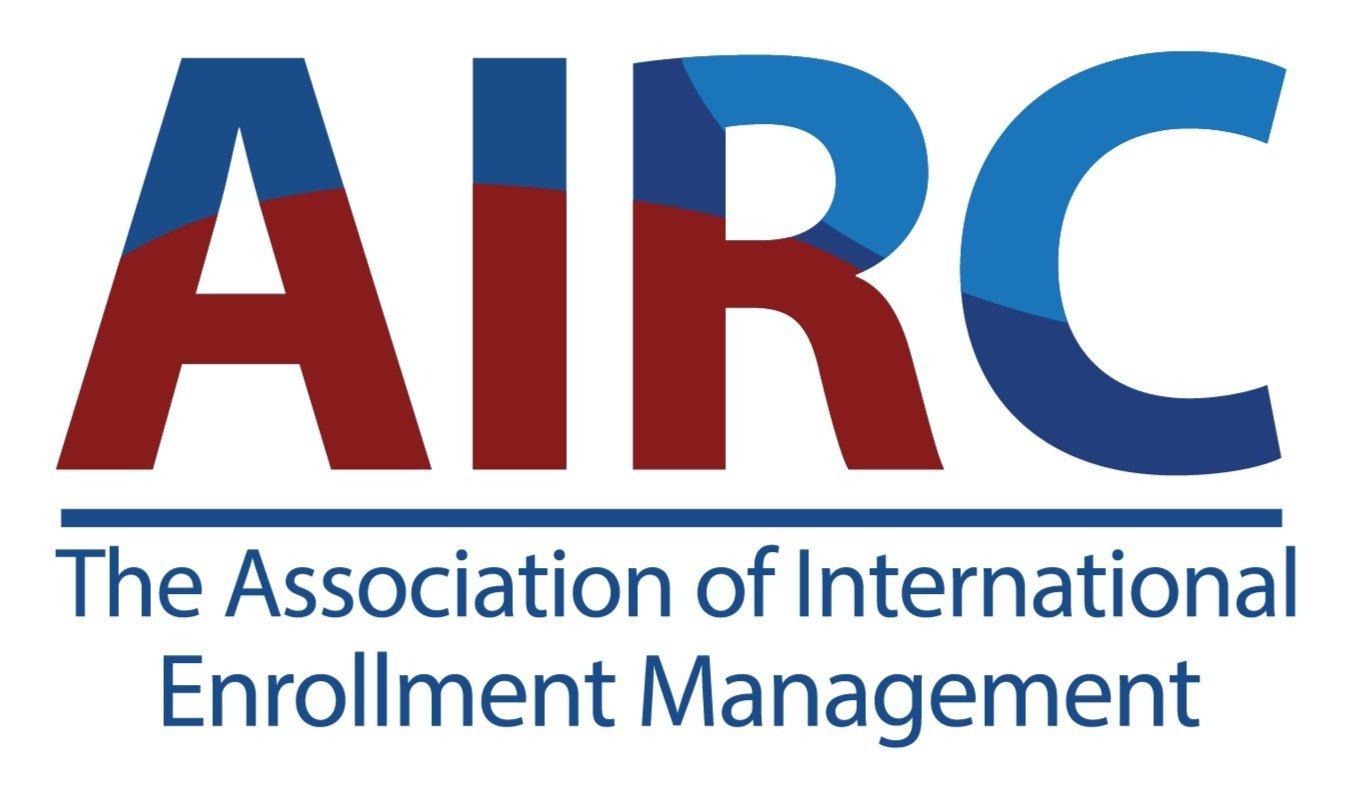A credential evaluation ensures that your student receives proper recognition for the education they have already completed at an international institution. Credential evaluations validate academic work completed outside of the United States and Canada and can offer an equivalent grade point average (GPA) calculation, U.S. or Canadian credit and grades for courses completed, and an assessment of their degrees earned. When making admission decisions, higher education institutions can use this information to decide if a student is admissible (at the graduate or undergraduate level), if they may qualify for financial aid or scholarships, and can help determine if any transfer credit can be awarded. Not only does this save the student time and money towards their new degree, but it also helps you (the agent) counsel students to choose schools that align with their academic achievements and career goals.
What type of report will my student need?
Most evaluation companies offer a variety of report types to meet your needs. Consider if your student will need to provide a GPA calculation for financial aid, scholarships, or program admission. If your student is applying for graduate level admission, they will need to show they have earned the equivalent of a U.S. or Canadian bachelor’s degree, which can be determined by a general degree assessment. If the student is transferring in, they would want to obtain a course-by-course evaluation to ensure that that they can be awarded the applicable transfer credits.
What are the agency fees?
The cost of the report itself is typically promoted and visible. However, there are often additional fees that should be considered when comparing costs. Additional copies carry an extra charge, as will adding on a rush service. You will pay for the cost of your shipping, which can vary based on speed and destination. Some companies will charge for every credential or page evaluated per application, while other companies, like Educational Credential Evaluators (ECE), charge one flat fee regardless of the number of credentials included. Some companies also charge for things like sealing an envelope, document verification fees, electronic delivery, or cancellation fees. Make sure to include the cost of all additional fees when comparing costs across companies.
How are the reports sent?
Does the credential evaluation company offer a secure, electronic portal to receive your reports as soon as they are completed? If you are on a timeline, make sure to check their current turnaround time. ECE’s current turnaround time is an average of 5 business days. It is important to be aware that the turnaround time is calculated from the time all documents are received, so if you are mailing documents or need to receive paper copies of the report, make sure to allow sufficient processing time or use a company that offers a rush service. Our online portal, ECE® Dispatch, allows us to instantly send completed evaluation reports to schools, and our reports include color copies of the student’s official, vetted credentials.
What documents are required?
Some credential evaluation companies require original, official documents sent directly from the originating school to their offices. Look for a credential evaluation company that provides a chart or tool that specifies exactly what documents are needed based on the originating country and degree type, as well as how the document needs to be received. At ECE, we complete reports based on country-specific data collected by our research evaluator team that spends a great deal of time determining what is most secure and what is truly available to students in their country. In many cases, the student can send their original documents directly to us for their evaluation. We also accept electronic documents from a variety of sources like Digitary, the National Clearinghouse, my eQuals, World Document Service, and more.
Is the credential evaluation agency reputable?
While researching evaluation companies, I would encourage agents to review background information on the company. I would look for testimonials and a customer satisfaction rating. Look for a credential evaluation agency that is a member of NACES, the National Association of Credential Evaluation Services, to ensure quality and reliability. Many institutions only accept evaluations from NACES members. In addition, you can check the company’s Better Business Bureau rating, which assesses customer ratings and complaints, business transparency, and credibility on a scale of A+ (highest) to F (lowest). For example, ECE has an A+ BBB rating.
In summary, obtaining credential evaluations for your students allows them to utilize the education they have earned internationally, but not all evaluations bear the same quality and transferability. Make sure to do your research, ensuring the company is reputable and transparent. Don’t forget to check the company’s reviews and ratings and reference the NACES members list. Compare the full cost of the report, including fees, and prepare the documents required for the evaluation. An accurate credential evaluation paves the way for your student to substantiate the skills and experience they bring across borders.
About the Author:
Lauren Usma has been with ECE® as a Client Solutions Manager for a year. Prior to coming to ECE, she worked in higher education as the International Student Coordinator and PDSO, where she helped recruit international students to the U.S. She was the lead immigration advisor for her institution, helping to guide students through the F-1 student visa regulations and college admissions process.
Educational Credential Evaluators (ECE), a non-profit organization located in the United States, reviews academic achievements by individuals from other countries and converts them to the U.S. or Canadian system. ECE is a charter member of NACES and a recipient of the Better Business Bureau Torch Award for Ethics.

